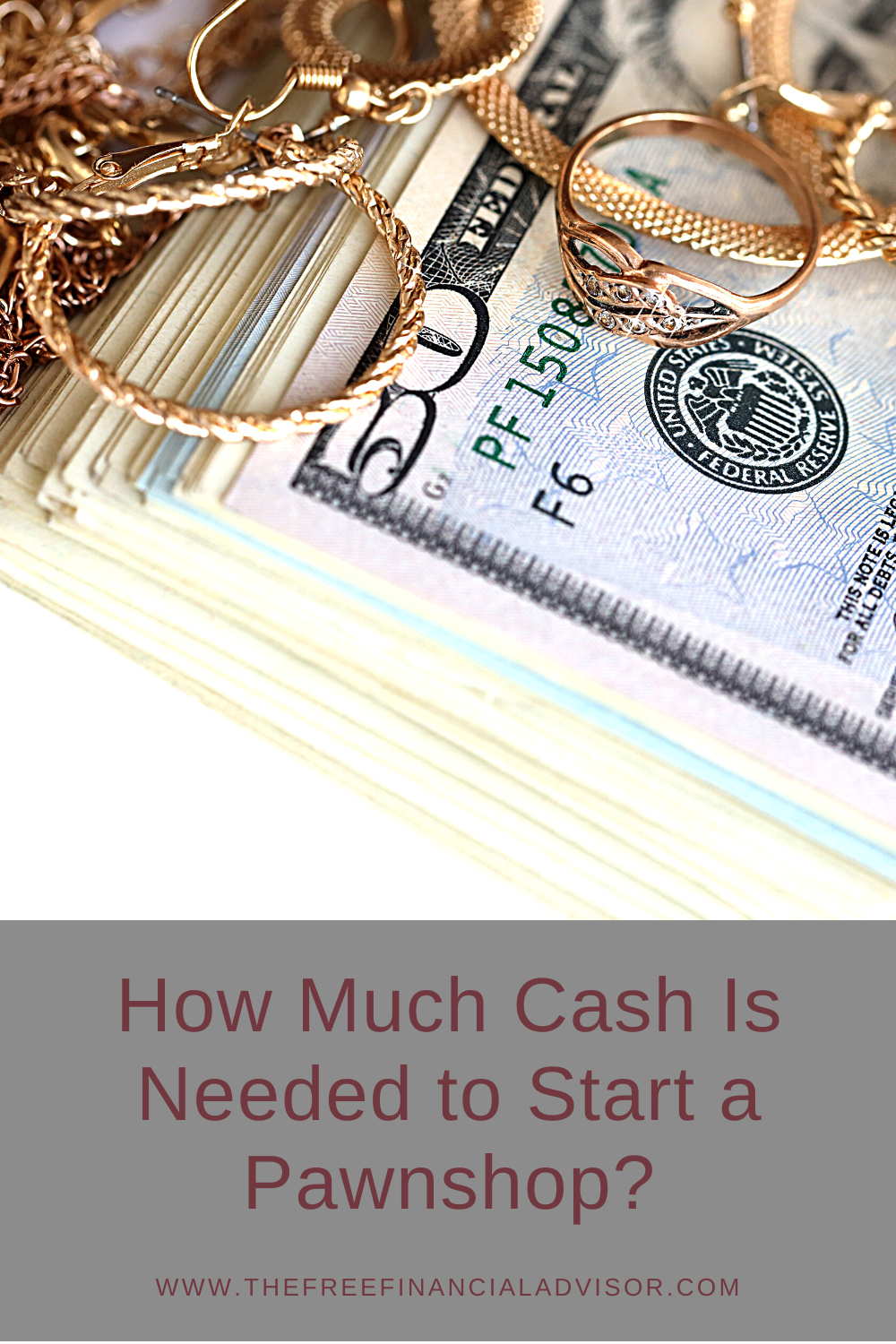
So you want to start a pawnshop. Where do you start? What do you buy? How much is this all going to cost?
A pawn shop can be a very cash-positive business. While doing research for this post, I stumbled onto a Quora thread that showcased how much money can be made with such an operation. The profits ranged from $30,000 per year to $60,000 per month.
But, you have to get started. In today’s post, we’ll highlight what you need and what it’s going to cost.
What do pawn shops do?
First off, we have to talk about what a pawnshop actually does. Pawnshops buy, sell, and trade items. These items can come from the owner’s personal collection, something they acquired via purchase, or something they acquired via loan collateral.
When someone comes to a pawn shop to borrow money, they have to bring something of value for collateral. When the pawnshop lends money to this individual, they retain that valuable item until the principal (plus interest) is repaid. If they fail to repay, the pawnshop keeps the item.
Legal and location
There are many things you need to obtain when you start a pawn shop.
You need to take care of the legal requirements first. This includes licenses, articles of incorporation for your business entity, and permits.
Licenses include a pawnbroker’s license, precious metal dealer license, secondhand dealer license, and Federal Firearms License (if you plan on selling firearms) from the ATF.
The next thing you need is space. Where you set up shop is an important decision. The right location can bring in a lot of traffic and improve your earning potential. However, the right location comes at a cost.
Areas with high foot traffic cost more. Often, pawnshops will choose a space that’s close to a popular area, far enough away that it’s not too expensive, but close enough to make it convenient for the consumer.
Assets
There’s a minimum asset requirement needed to open. That number depends on the municipality, state, and country you plan on setting up shop in. For example, Texas has a $150,000 minimum requirement.
What do you need?
After you have all of the proper licenses and permits and pick where you’ll operate, you need to buy things to be operational.
These items include a computer (computer system/network), cash register, signs, equipment to display your products, record keeping, insurance, lockable cases, and a state-of-the-art security system.
What you’ll also need is an adequate amount of capital to purchase more inventory and lend money to consumers.
What’s going to cost
Depending on the size of your pawnshop and the anticipated foot traffic, your start-up costs will vary. If you’re a larger shop with a high probability of having a lot of visitors/customers, your starting capital could be between $50,000 and $75,000. A smaller shop with lower projected traffic can get by with $15,000.
Last bit of advice
When you start a pawnshop, you need to refine and learn some new skills. You have to educate yourself on how to assess the value of goods so you can acquire sellable items, but not at a cost that eats into your profit margin.
Also, you have to come up with a business plan. What interest rate will you charge on your loans? How much will you mark up the items you sell? How much are you willing to pay for inventory?
All of these questions need answers. Keep in mind, that this planning process should take place prior to buying the necessary licenses and other items to get the business started.
Related reading:
3 Ways to Get Financing for your Small Business
Some Often Overlooked Tax Deductions for Business Owners
Business Retirement Plan Guide
**Securities offered through Securities America, Inc., Member FINRA/SIPC. Advisory services offered through Securities America Advisors, Inc. Securities America and its representatives do not provide tax or legal advice; therefore, it is important to coordinate with your tax or legal advisor regarding your specific situation. Please see the website for full disclosures: www.crgfinancialservices.com
My name is Jacob Sensiba and I am a Financial Advisor. My areas of expertise include, but are not limited to, retirement planning, budgets, and wealth management. Please feel free to contact me at: jacob@crgfinancialservices.com